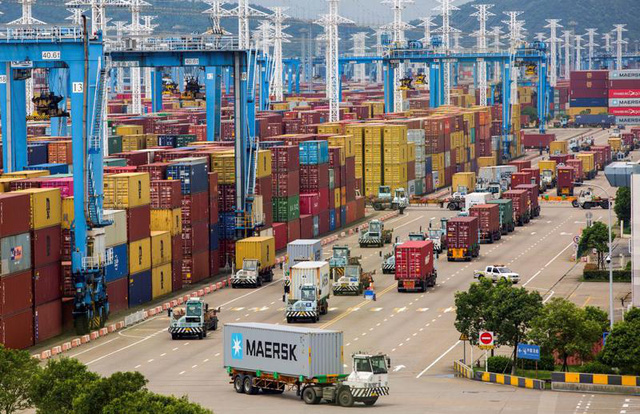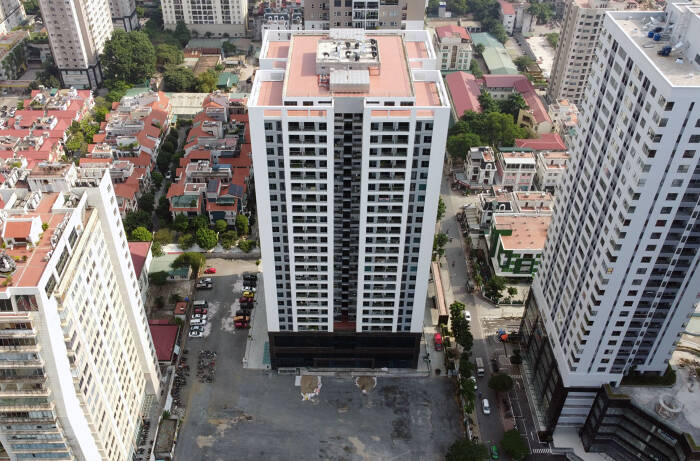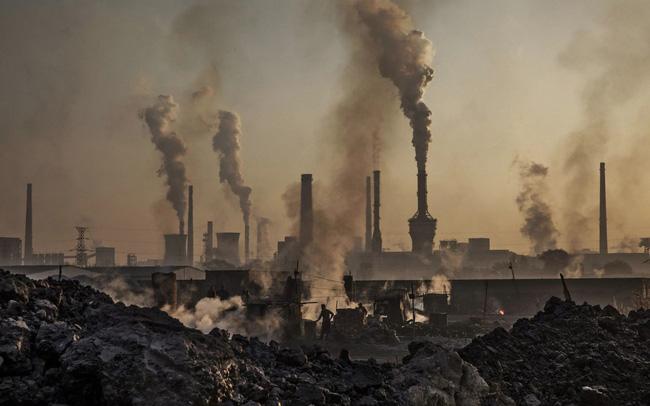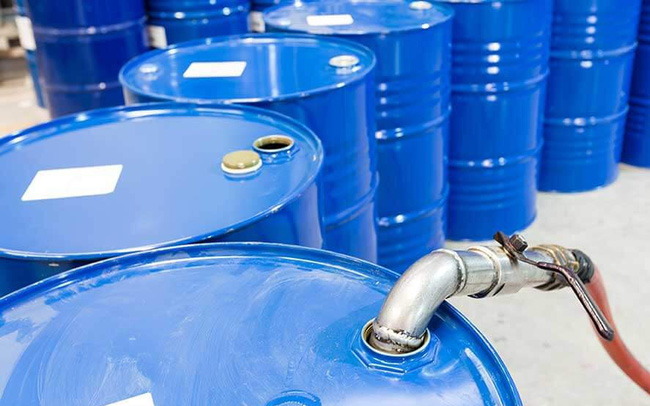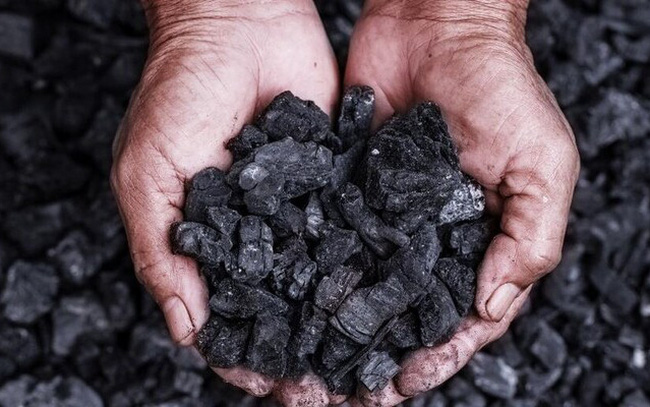In the operating period on May 11, the price of gasoline increased by about 1,500 VND / liter. Currently, RON92 is about 28,959 VND/liter, RON95 gasoline is at 29,988 VND/liter.
On the afternoon of May 11, the Inter-Ministry of Industry and Trade – Finance regulates petrol prices. Accordingly, after setting up and spending the stabilization fund, the selling prices of popular consumer petroleum products on the market are as follows:
|
Petroleum |
Change |
The price is not highe |
|
Xăng E5RON92 |
+ 1.491 vnd/lít |
28.959 vnd/lít |
|
Xăng RON95-III |
+ 1.554 vnd/lít |
29.988 vnd/lít |
|
Oil diesel 0.05S |
+ 1.120 vnd/lít |
26.650 vnd/lít |
|
Dầu hỏa |
+ 1.340 vnd/lít |
25.168 vnd/lít |
|
oil mazut 180CST 3.5S |
+ 0 vnd/kg |
21.560 vnd/kg |
This price is effective from 15h on 11/5. Thus, since the beginning of the year, gasoline prices have had 8 increases and 3 decreases.
In this adjustment period, the Inter-Ministry of Industry, Trade and Finance sets up the BOG Fund for E5RON92 products at 100 VND/liter and RON95 at 100 VND/liter, diesel oil at 100 VND/liter. At the same time, spending BOG Fund for kerosene is at 300 VND/liter, fuel oil is at 33 VND/kg.

(Số liệu: Bộ Công Thương, Biểu đồ: Hoàng Anh)
Recently, the Ministry of Finance has submitted to the Government to adjust the most favored nation tax (MFN) tax rate for motor gasoline, unleaded from the current 20% to 12% (4% difference compared to the FTA tax rate). from Korea and ASEAN).
The Ministry of Finance said that the above plan may not have much impact on reducing domestic gasoline prices because currently gasoline is mainly imported from ASEAN and Korea.
However, the reduction of MFN tax will contribute to diversifying petroleum supplies from other countries such as China, the US and countries in the Middle East region, avoiding too much dependence on some partners as at present. in case the supply in the world market fluctuates.
Besides, the difference of 4% between the MFN tax rate and the FTA tax rate on gasoline is also reasonable to promote domestic enterprises to seek new sources of petroleum when there is a shortage in traditional markets. while still ensuring room to negotiate new FTAs in the future on the basis of the principle of reciprocity.




